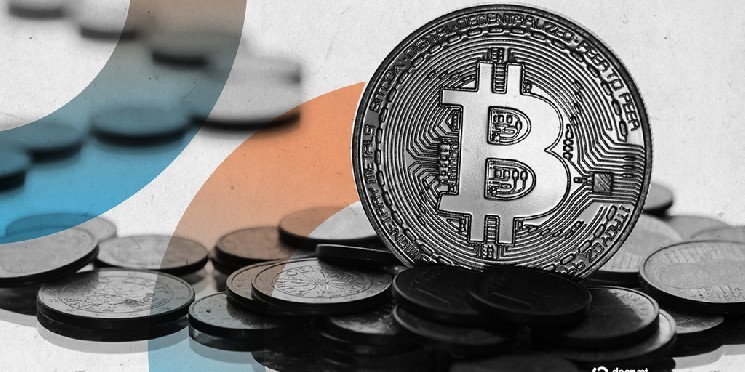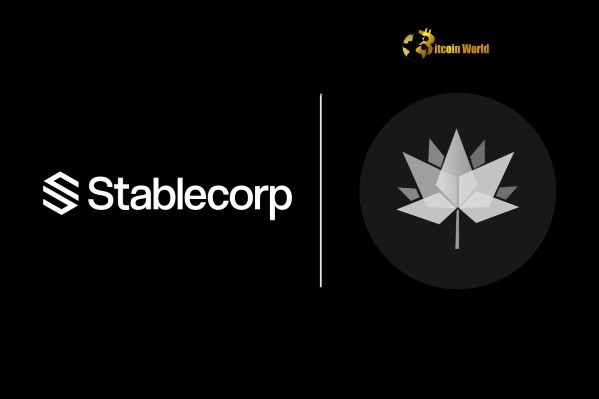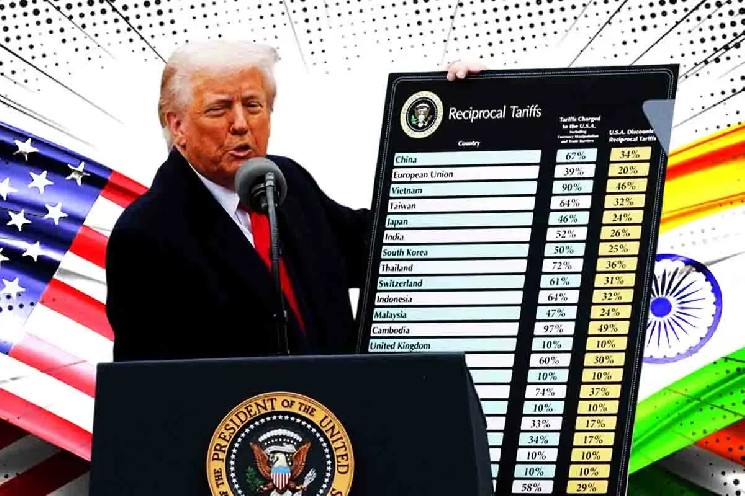Bitcoiners can now buy burgers, fries and other beef tallow-fried goodies at Steak ‘n Shake locations in the U.S. after the fast casual chain earlier this month announced it would accept the cryptocurrency as payment.
But customers better hang on to their receipts.
Crypto-denominated purchases—even those as small as a $14 combo meal or a $3 Sprite paid for in Bitcoin—are taxable events, experts told Decrypt.
That means Steak ‘n Shake customers who plan to splash satoshis on treats like cheeseburgers or milkshakes should plan to log and pay taxes on every one of their Bitcoin purchases come next April—lest they risk running into trouble with the Internal Revenue Service.
Decrypt spoke with two experts who dissected the tax implications of paying in Bitcoin at RFK Jr.’s favorite burger joint. Here’s what you need to know:
How are Bitcoin transactions taxed?
Bitcoin and other cryptocurrencies fall under the same category as stocks, bonds, and other long-term investments that may or may not generate income, according to the IRS. And like other capital assets, they are completely taxable.
Cryptocurrencies are “all treated as property… not as currency,” said Lawrence Zltakin, vice president of tax at Coinbase. “So effectively, any use of Bitcoin for any purpose is treated as a taxable transaction.”
That means token holders are responsible for paying taxes on crypto-denominated transactions, including something as small as a Steak ‘n Shake burger bought with Bitcoin.
When a taxpayer buys and sells Bitcoin (or any cryptocurrency), they must calculate the difference between the price at which the asset was purchased and its current market value, Zlatkin explained. The result of that difference is the capital gain or loss, and taxpayers must give a percentage of that amount to the IRS.
“If I buy $100 worth of Bitcoin, and it appreciates to say $300 and I use the full amount to purchase a pair of jeans… there’s $200 in [capital] gain,” Zlatkin said. “It’s as though you’ve disposed of property initially worth $100 and sold it for $300.”
How do I calculate such taxes?
There are a few methods for calculating taxes on crypto-related transactions, including purchases made with digital assets, Lorenzo Abbatiello, founder of Lorenzo Tax, told Decrypt.
The standard method called “first in, first out” is exactly as it sounds: The first Bitcoin (or other tokens) the taxpayer buys are treated as the first ones to be sold for tax-reporting purposes. That means that one would value their taxable transactions using the price at which they bought the oldest tokens in their portfolio.
“That’s what the IRS prefers you to do,” Abbatiello explained. But, he helps his clients pick the accounting method that is most suitable for their specific financial situations.
“Last year, the IRS wanted you to actually take a screenshot of all your [cost] basis of all the different Bitcoin or crypto that you purchased, choose a methodology, [and] actually sign it like a whole contract,” Abbatiello said. “They’re starting to tighten the belt on all this crypto stuff.”
“You need to choose a methodology and actually stick to it,” he added, explaining that taxpayers should pick just one method of calculating their crypto-related taxes, and use it throughout all their reports for the year.
For help with calculating taxes, several types of software are available to track digital assets transactions and calculate taxes owed for the year. And, of course, certified accountants who specialize in crypto taxes are always available to assist token holders big and small, Abbatiello said.
Will the IRS really come after me?
The IRS usually does not audit tax payers for small discrepancies in their filings, including omissions of small taxable events like a $15 fast-food purchase denominated in Bitcoin.
Importantly, the federal agency’s enforcement power depends on the size of its ranks and resources—both of which were recently cut by Elon Musk’s DOGE, or the Department of Government Efficiency, according to a May 2 report from the Treasury Inspector General for Tax Administration.
“Now, with Trump coming in, he’s really shaking up the system, so [the current rules] might be kiboshed in the future,” Abbatiello said. That means the IRS might exercise less oversight of tax filings or create less stringent requirements for taxpayers in the near future.
But according to Zlatkin, taxpayers should still keep in mind the risks of not fully reporting all their tax liabilities. “So, is the government going to catch you? The answer is likely no,” he said.
However, centralized exchanges such as Coinbase and Kraken will be required to report more of their users’ transaction data to the IRS, beginning next year.
“And if you dispose of even a small component of your Bitcoin amount… that is going to be reported to the government,” Zlatkin said.
Isn’t it kind of ridiculous to have to track such small transactions?
That depends on who you ask.
Coinbase’s team is pushing federal officials to introduce a de minimis exemption for cryptocurrency “microtransactions,” or goods-and-services transactions that fall under something like a $300 reporting threshold.
“De minimis means small… something that’s not meaningful, so it should not be reported,” Zlatkin explained.
But overhauling the rules has proved challenging, “we’ve gotten some sympathy in different sectors of Congress, but [the de minimis exemption] is not the rule currently,” he said.
If such a reporting rule were passed, then crypto holders wouldn’t be responsible for tracking and reporting their $20 Steak ‘n Shake dinner to the IRS. However, they would still have to report more expensive transactions—say, a purchase of a $400 pair of jeans, made via Bitcoin.
Can I buy goods and services with crypto without being taxed?
Yes, but don’t bank on buying your burger with Bitcoin. Instead, you’d be better off using stablecoins, Abbatiello and Zlatkin told Decrypt.
Using a stablecoin such as USDC isn’t a taxable event. That’s because stablecoins pegged one-to-one to the U.S. dollar have a fixed value—their value doesn’t go up or down, so its holders don’t incur gains or losses.
However, if you swap Bitcoin or another cryptocurrency for stablecoins, with the idea of using the latter for purchasing goods or services, you will incur some tax liability.
“The actual conversion [from a token such as Bitcoin or Ethereum to a stablecoin] itself is a taxable transaction,” Zlatkin said, “so you’re not avoiding it.”
Edited by James Rubin















Leave a Reply